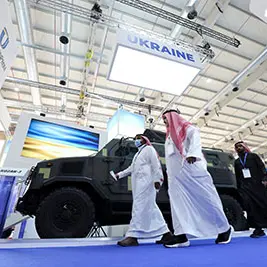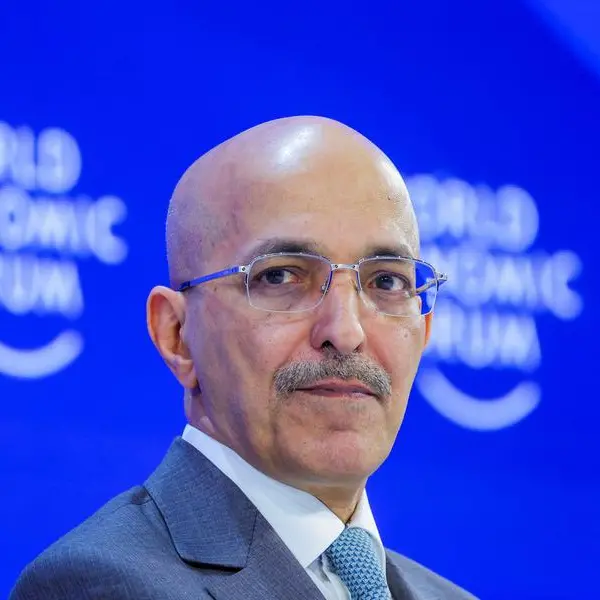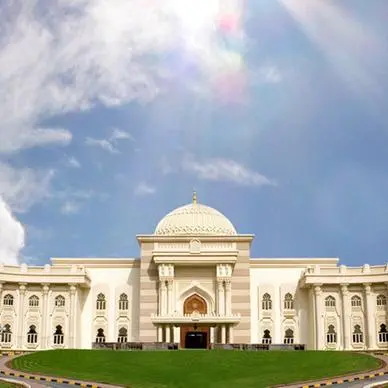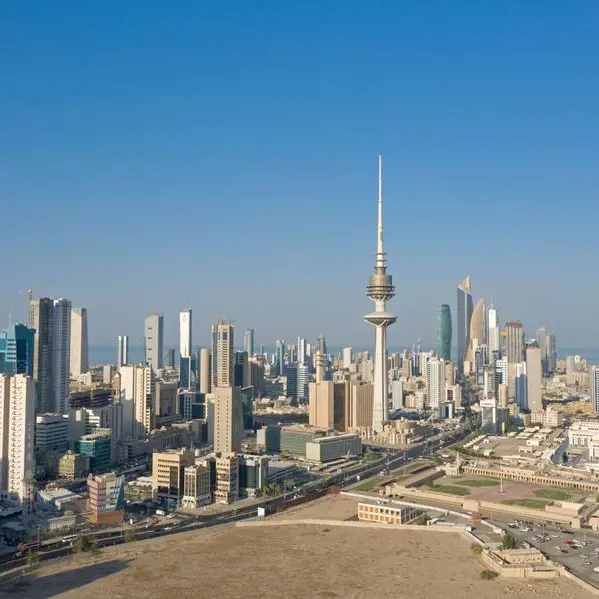PHOTO
Muscat - After recording an estimated US$119bn of budget deficits in 2015 on lower oil revenues, the GCC countries' budget deficits are expected to climb over US$153bn in 2016, according to Kamco Investment Co.
In its GCC Economic Quarterly Report released last week, the Kuwaiti investment company said it expects GCC budget deficits to peak in 2016 and taper thereafter, while budget gaps to remain over the medium term.
"Budget deficits are likely to stay over the near future, as deficits of over US$100bn are expected each year until 2021, as per our analysis," it said.
Kamco noted that lower oil receipts and spending gaps would also mean that Saudi Arabia would incur large budgetary gaps and is expected to contribute to about 55 per cent of the budget deficit of the region in 2016.
It estimates that GDP for the GCC region to drop by 2.2 per cent year-on-year to US$1.38tn, lower than each of the previous five years. "Nevertheless, GDP for the region is expected to grow over 2017-21, as per our analysis. The drop in overall output as a result of lower oil GDP has also triggered various spending controls for both current and capital spending from the various GCC economies."
It, however, said that monetary indicators such as liquidity and inflation in the region are still broadly positive. Inflation trends reported for the first half of this year suggested that consumer prices were broadly positive across GCC nations as inflation ranged between one and three per cent as of June 2016 as against 2015. Inflation in the GCC for 2016 is expected to come in at 2.8 per cent, Kamco said.
© Muscat Daily 2016





















